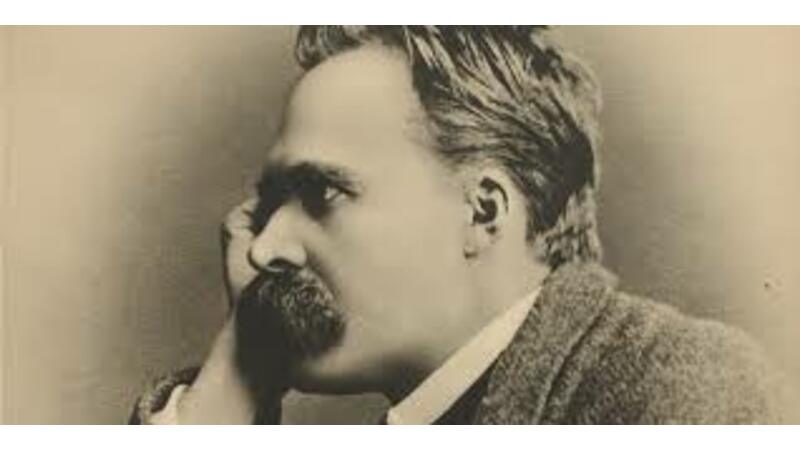Key Characteristics of Nietzsche's Philosophy:
German Intellectual Context
Nietzsche emerged from a rich German intellectual tradition, influenced by thinkers like Arthur Schopenhauer (from whom he initially drew inspiration before diverging sharply) and the burgeoning field of philology. His deep understanding of classical Greek culture also heavily shaped his thinking.
Critique of German Idealism and Romanticism
While initially drawn to some aspects of German Romanticism, Nietzsche later became a sharp critic of its sentimentalism and its reliance on abstract metaphysical systems, particularly those of Hegel. He favored a more grounded, life-affirming, and perspectival approach.
Emphasis on Individualism and Self-Overcoming
A central theme in Nietzsche's work is the importance of individual strength, self-reliance, and the constant striving for self-improvement. He believed that individuals should create their own values and overcome the limitations imposed by conventional morality and societal norms. This is embodied in his concept of the Übermensch (Overman/Superman).
Rejection of Traditional Morality
Nietzsche famously analyzed the historical development of morality, arguing that what is considered "good" and "evil" is not absolute but rather a product of historical and social forces. He distinguished between master morality (valuing strength, nobility, and self-assertion) and slave morality (valuing humility, compassion, and resentment), arguing that the latter had come to dominate Western thought, stifling individual potential.
The "Death of God" and its Implications
Nietzsche's declaration that "God is dead" was not a literal statement but a recognition of the decline of religious belief and its foundational role in Western culture. He argued that this loss would have profound consequences, leading to nihilism – the belief in the meaninglessness of existence – and necessitating a re-evaluation of values.
The Will to Power as a Fundamental Drive
Nietzsche posited the will to power as a fundamental life force, an inherent drive in all living beings to grow, overcome, and assert themselves. It's not simply about domination but about the creative and affirmative energy of life.
Perspectivism and the Rejection of Objective Truth: Nietzsche argued that there is no single, objective truth, but rather multiple perspectives and interpretations of the world. Our understanding is always shaped by our individual and cultural viewpoints.
Aphoristic and Provocative Writing Style
Nietzsche's works are characterized by their aphoristic style, using short, insightful statements to convey complex ideas. His writing is often intentionally provocative, designed to challenge readers and force them to question their assumptions.

Legacy as a German Philosopher:
Nietzsche's impact on German and international philosophy has been immense. Despite the controversies surrounding interpretations of his work (especially its misuse by nationalist ideologies), he remains a crucial figure in understanding the development of existentialism, postmodernism, and critical theory. His critiques of morality and his emphasis on individual agency continue to resonate with contemporary thinkers. He stands as a testament to the power of radical philosophical inquiry within the German intellectual tradition.
In essence, Friedrich Nietzsche, the German philosopher, was a revolutionary thinker who challenged the very foundations of Western thought, urging individuals to embrace life, create their own values, and overcome the limitations of traditional morality and belief systems.

